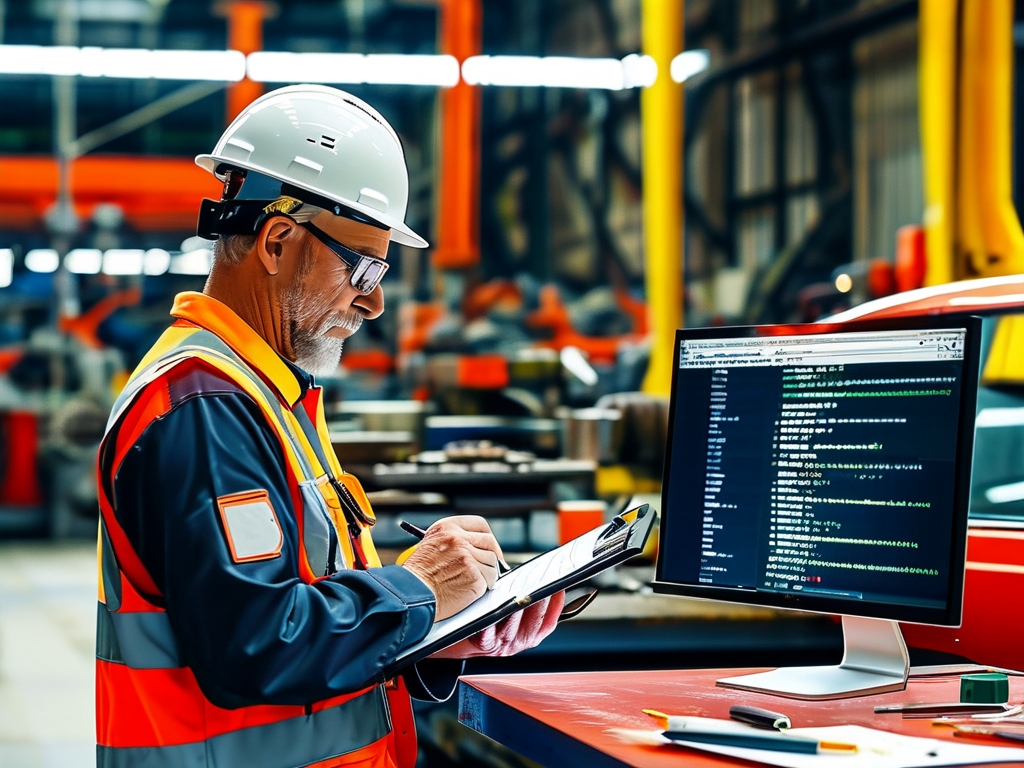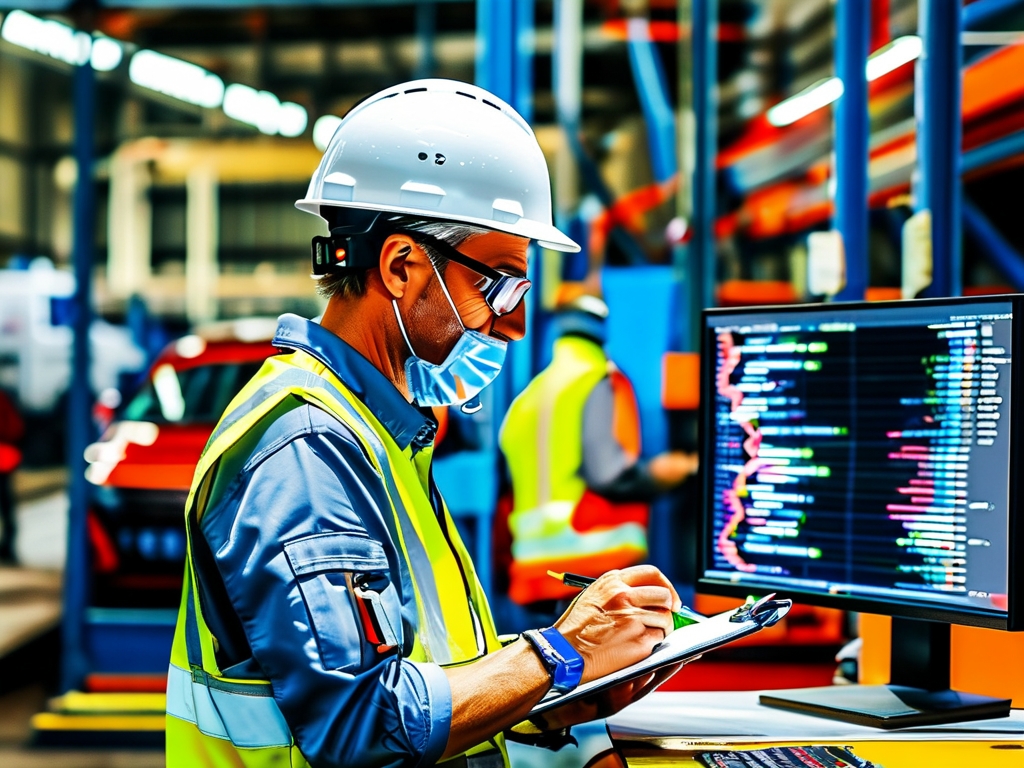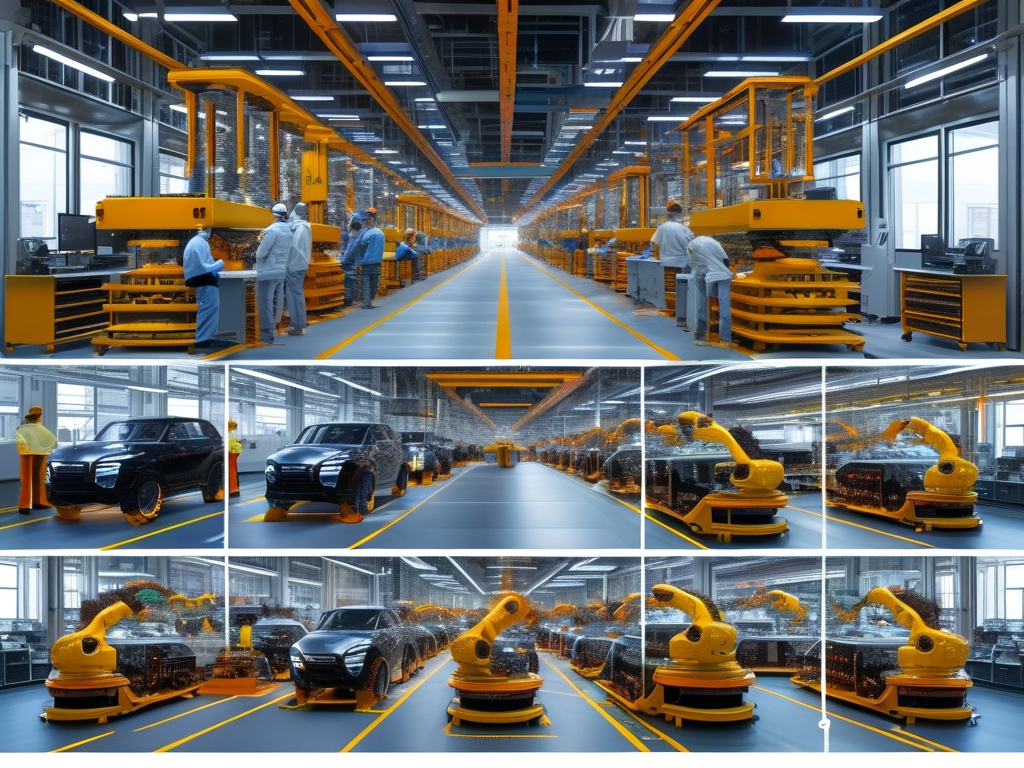In the rapidly evolving automotive industry, the collection and analysis of measurement data have become cornerstones of innovation. Volkswagen engineers, renowned for their technical expertise, play a pivotal role in designing and implementing advanced data recording systems that drive improvements in vehicle performance, safety, and sustainability. This article explores how these professionals leverage cutting-edge technologies to transform raw data into actionable insights, shaping the future of mobility.
The Importance of Measurement Data in Automotive Development
Modern vehicles are complex systems integrating mechanical, electrical, and software components. To optimize these systems, engineers rely on precise measurement data to evaluate parameters such as engine efficiency, battery performance in electric vehicles (EVs), aerodynamic drag, and sensor accuracy. For example, during the development of Volkswagen’s ID. series EVs, engineers recorded terabytes of data from test drives to refine battery thermal management and regenerative braking algorithms. Such datasets enable iterative improvements, reducing development cycles and enhancing product reliability.
Tools and Techniques for Data Acquisition
Volkswagen engineers employ a suite of specialized tools to capture high-fidelity data. Onboard diagnostic systems (OBD-II) and telemetry devices collect real-time information from sensors embedded in engines, transmissions, and chassis. For rigorous testing, prototypes are equipped with data loggers that monitor variables like torque, temperature, and vibration frequencies. Advanced tools like LiDAR and infrared cameras further supplement this data, providing 3D mappings of vehicle behavior under diverse conditions.
A notable innovation is Volkswagen’s use of edge computing in data recording. By processing data locally within the vehicle’s onboard computers, engineers reduce latency and bandwidth demands, enabling faster decision-making during autonomous driving trials. This approach also enhances data security, a critical concern as connected vehicles become targets for cyber threats.
Challenges in Data Management and Analysis
Despite technological advancements, managing vast datasets remains a challenge. A single autonomous vehicle test can generate over 4 TB of data daily, requiring robust storage solutions and efficient filtering algorithms. Volkswagen’s engineers collaborate with data scientists to develop machine learning models that identify patterns and anomalies. For instance, predictive maintenance algorithms analyze historical engine data to foresee component failures, minimizing downtime for drivers.
Another hurdle is ensuring data accuracy. Environmental factors like extreme temperatures or electromagnetic interference can skew sensor readings. To mitigate this, engineers implement redundancy by cross-verifying data from multiple sources. Calibration protocols are rigorously enforced, with periodic checks to maintain sensor precision throughout a vehicle’s lifecycle.
Case Study: Enhancing EV Battery Efficiency
A compelling example of measurement data’s impact is Volkswagen’s work on EV battery systems. Engineers recorded temperature, charge cycles, and energy consumption across millions of kilometers driven by ID.4 test vehicles. By analyzing this data, they identified optimal charging thresholds that extend battery lifespan without compromising range. These findings were instrumental in developing the company’s unified cell technology, slated to reduce battery costs by 50% by 2030.

Ethical and Regulatory Considerations
As data recording becomes more pervasive, Volkswagen engineers must navigate ethical dilemmas. User privacy is paramount, particularly when collecting location or biometric data from drivers. The company adheres to strict GDPR guidelines, anonymizing data and obtaining explicit user consent. Additionally, engineers work with regulators to standardize data formats, ensuring compatibility with global safety certifications.
Future Trends: AI and Autonomous Driving
Looking ahead, Volkswagen is investing in AI-driven data recording systems. Neural networks trained on petabytes of driving data will enable real-time adaptations, such as adjusting suspension settings based on road conditions. For autonomous vehicles, engineers are developing simulation platforms that merge recorded data with virtual environments, accelerating the training of self-driving algorithms.

Volkswagen engineers are at the forefront of measurement data recording, transforming how vehicles are designed, tested, and optimized. Their work not only enhances technical performance but also addresses broader challenges like sustainability and user trust. As the automotive landscape shifts toward electrification and autonomy, the ability to harness data will remain a defining factor in Volkswagen’s success—and the industry’s evolution as a whole.




